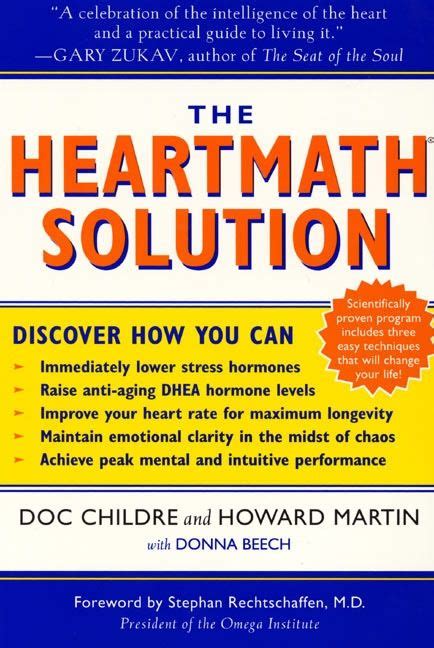A Quote by George R. R. Martin
I've always taken that as my guiding principle and the rest is just set dressing. You can have dragons in it, or aliens and starships, or a western about a gunslinger, or even literary fiction, and ultimately you're still writing about the human heart in conflict with itself.
Related Quotes
I don't want to write poems that are just really clear about how I'm aware of all the traps involved in writing poetry; I don't want to write fiction that's about the irresponsibility of writing fiction and I've thrown out a lot of writing that I think was ultimately tainted by that kind of self-awareness.
What will be required to increase the quality of life and health is a coming together of technology and values, based on a scientific guiding principle that people can agree on. Securing a healthy global future requires this guiding principle to preserve freedom of spirit yet be as provable as the laws of physics. A guiding principle that addresses the meaning of life and is compelling enough to generate social cohesion and behaviors that serve the greater whole. After thirty years of investigation and research, it has become clear to me that the answer lies within the human heart.
Our tragedy today is a general and universal physical fear so long sustained by now that we can even bear it. There are no longer problems of the spirit. There is only the question: When will I be blown up? Because of this, the young man or woman writing today has forgotten the problems of the human heart in conflict with itself which alone can make good writing because only that is worth writing about, worth the agony and the sweat. He must learn them again.
Without the Constitution and the Union, we could not have attained the result; but even these, are not the primary cause of our great prosperity. There is something back of these, entwining itself more closely about the human heart. That something, is the principle of "Liberty to all" the principle that clears the path for all-gives hope to all-and, by consequence, enterprize [sic], and industry to all.
I'm now much more excited about genre distinctions. What I still see breaking down are more the hierarchical arrangements of genres. That is, "There is literary fiction, and then there are lesser genres." I'm much more clear on the idea that literary fiction is itself a genre. It is not above other genres. It is down there in the muck with all the other genres, and it's doing the wonderful things that it does, but to give it a Y-axis, to make it high and low, just seems absurd. I stand by that.
Writing fiction is very different to writing non-fiction. I love writing novels, but on history books, like my biographies of Stalin or Catherine the Great or Jerusalem, I spend endless hours doing vast amounts of research. But it ends up being based on the same principle as all writing about people: and that is curiosity!
The Booker thing was a catalyst for me in a bizarre way. It’s perceived as an accolade to be published as a ‘literary’ writer, but, actually, it’s pompous and it’s fake. Literary fiction is often nothing more than a genre in itself. I’d always read omnivorously and often thought much literary fiction is read by young men and women in their 20s, as substitutes for experience.



































